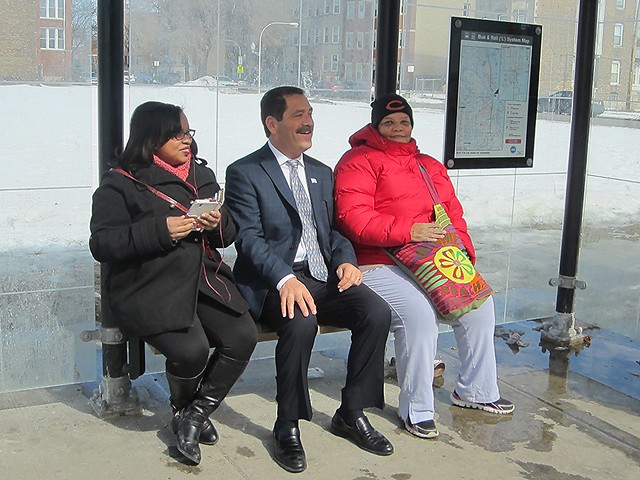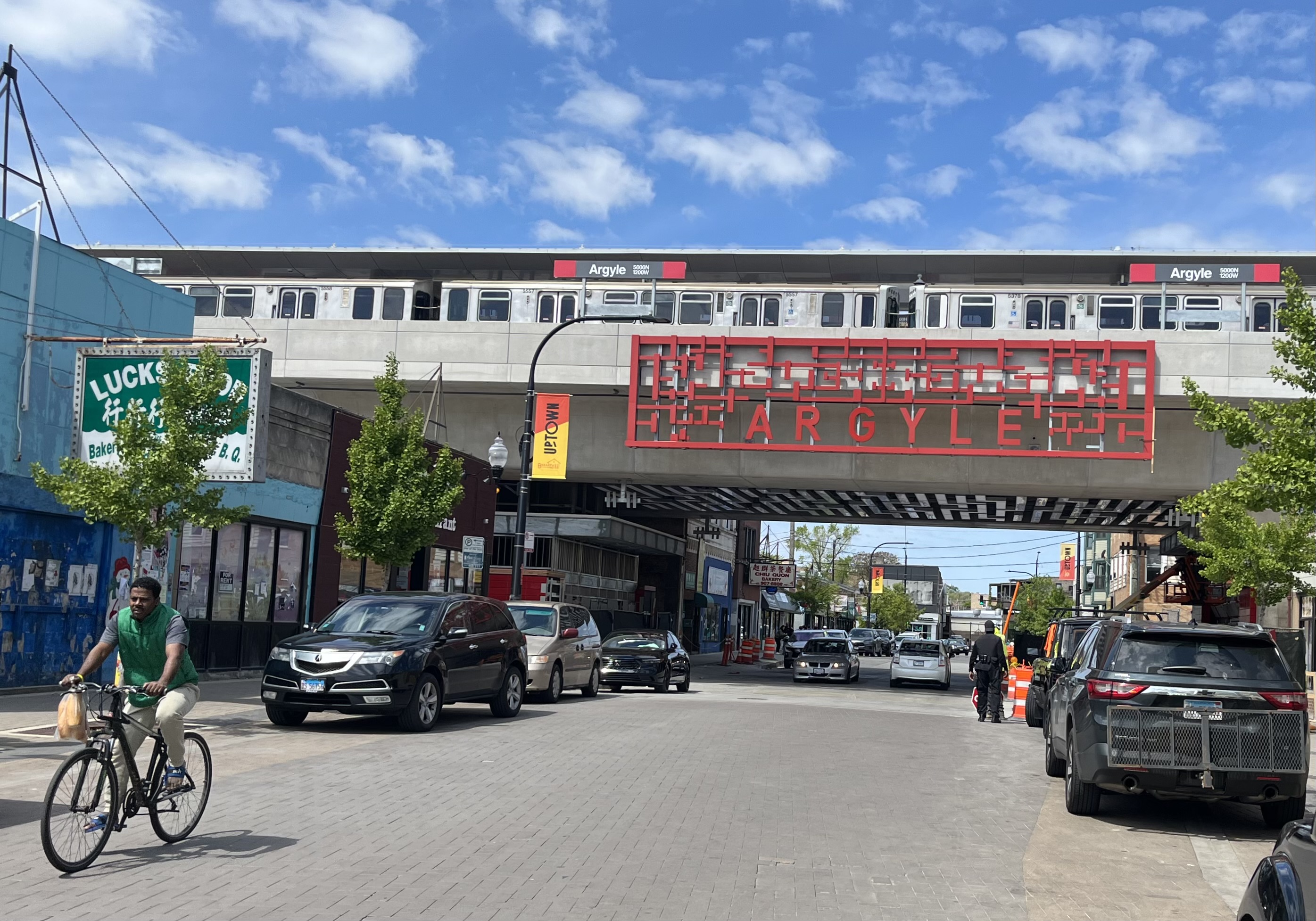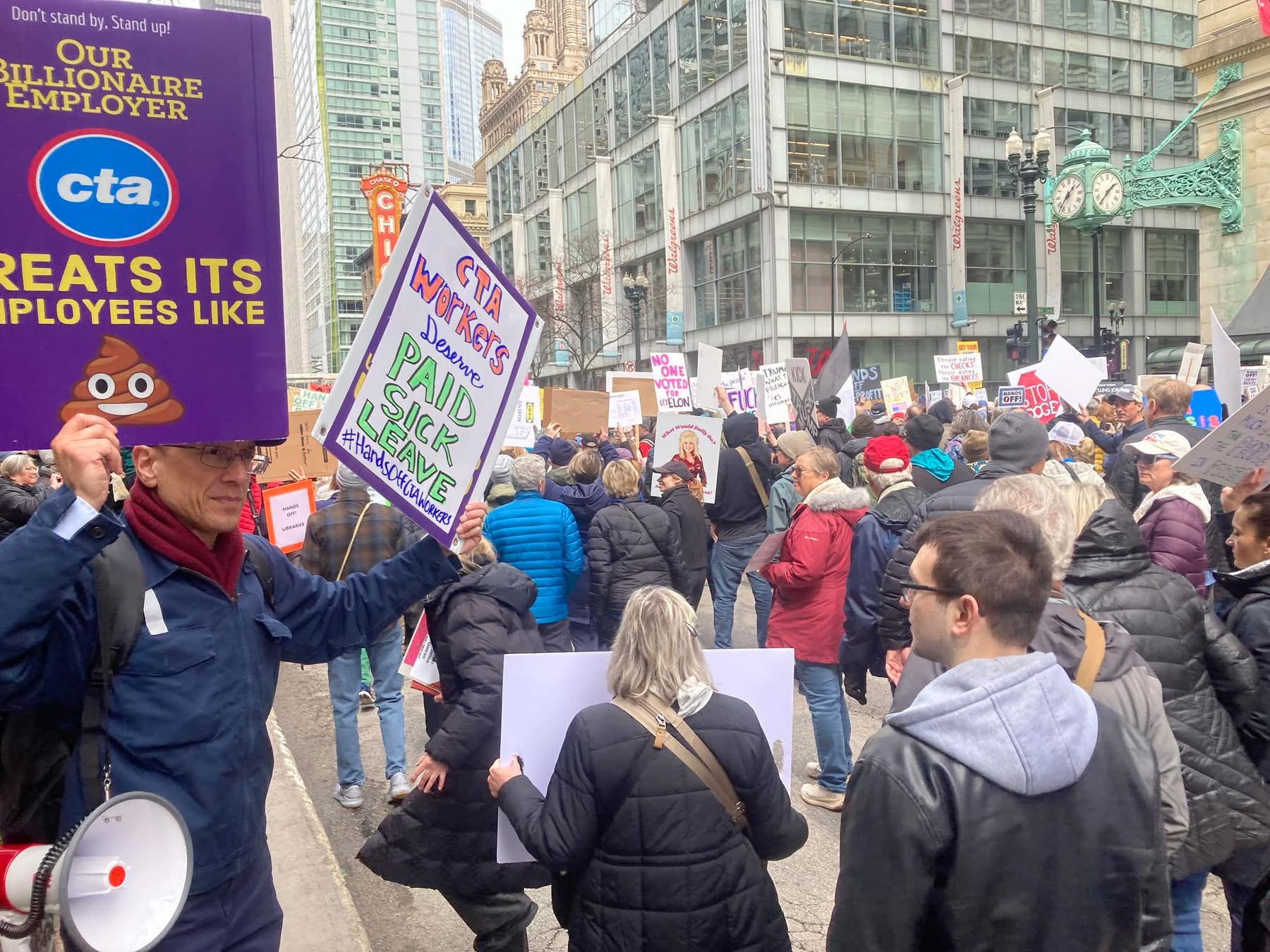[The full text of this interview runs in Newcity magazine.]
For most of the campaign, mayoral hopeful Jesús “Chuy” García has been relatively quiet about transportation issues, except for his vocal opposition to Chicago’s automated traffic enforcement program. Most recently, following the revelation that a former top aide to Mayor Rahm Emanuel lobbied for awarding the latest red light contract to Xerox, García announced that he would shut down all of the city’s traffic cameras on his first day as mayor.
The Emanuel campaign has noted that, before the Cook County commissioner joined other candidates in criticizing automated enforcement, he supported it. On March 11, 2014, García was part of a narrow majority of commissioners who approved an intergovernmental agreement that allowed Safespeed, LLC to install a red light camera on County property in suburban Forest Park.
Campaign finance records show that Citizens for Jesús García received a $1,500 contribution from Safespeed one day before the vote. When I asked about this issue, a García spokeswoman stated that the donation was from Safespeed president and CEO Nikki Zollar, a “thirty-year-old friend” of the commissioner, and it did not influence his decision.
Shortly before the February 24 municipal election, García, who has a master’s degree in urban planning from UIC, broke his relative silence on other transportation topics by releasing a transportation platform. The document suggests that he is well informed about transit funding and transit-oriented development, although there’s little mention of pedestrian and bike issues.
The platform endorses Transit Future, a campaign by the Active Transportation Alliance and the Center for Neighborhood technology to create a dedicated revenue stream at the county level for public transportation infrastructure (as does the Emanuel campaign). García says he’s interested in the possibility of raising the state gas tax to fund transit, and/or creating a transit-impact fee for new developments.
The candidate called for building more housing near train stations and reducing the parking requirements for these developments, in order to reduce car dependency. He also stated that he wants to secure a larger percentage of state and federal transportation funds for the Chicago region, which contains seventy percent of Illinois’ population but only gets forty-five percent of state transportation funds.
On March 7, I caught up with García at his Woodlawn campaign office to talk about sustainable transportation and safe streets issues in advance of the April 7 runoff election. We discussed his positions on pedestrian infrastructure, bike facilities, road diets, bus rapid transit and, of course, traffic cams. I’ve edited the conversation for brevity and clarity.
John Greenfield: I was impressed that your transportation platform endorsed Transit Future and transit-oriented development.
Jesús “Chuy” García: I’m a transit rider, a Pink Line guy. We fought for the reconstruction of the Pink Line, which used to be the Blue Line, the Douglas [Branch], back in the nineties, when they were going to eliminate it. We fought back and got it renovated. We even engaged in some civil disobedience to force the contractor to hire some folks from North Lawndale and South Lawndale. We got arrested for blocking the entrance to an office of the contractor because they weren’t hiring any minorities.
JG: Interesting. I just wanted to double check, on the Active Transportation Alliance’s transportation survey, you checked a box that said, yes, you would be in favor of dedicated funding for pedestrian safety infrastructure. These are things like speed humps, crosswalk striping, curb bump-outs and pedestrian islands. If elected, would you, in fact, propose a line item for safety infrastructure in the city budget, instead of requiring aldermen to pay for that stuff out of menu money?
CG: I’m leaning toward doing that. I say that with some hesitancy, recognizing how the financial straits of the city seem to be worsening, with the [credit] downgrade that we suffered, the park district downgrade, and now yesterday’s Chicago Public Schools downgrade. I would want to do that, but I’ve got to have a better picture of exactly what the finances are going to be, in terms of the city budget. But if I had it my way, yes, I would do that.
Read the rest of the interview at Newcity magazine's website.





